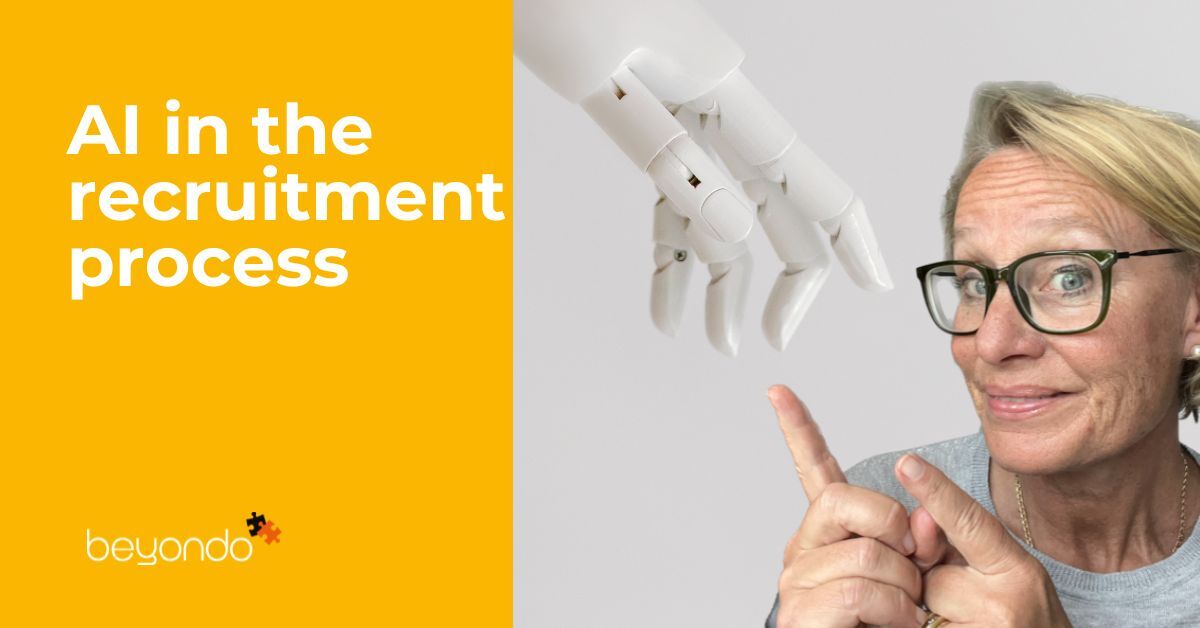Elon Musk is known to use silence in a job interview strategically. How can you – like him – take advantage of this?
Speech is silver. Silence is golden. The proverb is old and occurs in almost every language . Yet we usually do not use silence much as a means of communication. While good results can be achieved with it. Elon Musk, for example, knows who, according to his biographer Walter Isaacson, leaves long silences in job interviews to test people. According to Isaacson, Musk also did that during the job interview with Linda Yaccarino, the new CEO of Twitter.
"Elon Musk makes silences of up to 3 minutes."
'What I quickly noticed is that as a conversation partner, you shouldn't try to break those silences,' says Isaacson. 'For example, he drops a silence of one minute, 2 minutes or even 3 minutes. That is of course extremely exciting for someone in a job interview. But as Shivon Zilis, who runs startup Neuralink and is a mom to two of his kids , pointed out, he's processing information in those moments. 'He usually does this systematically, piece by piece. And that also applies to the input he receives from people.'
Silence as a means of selection
Silence is an underrated conversational skill. However, someone like MIT management guru Peter Senge swears by it. One of his most impressive ' leadership exercises ': is listening to someone else for 10 minutes without saying anything back. It is a difficult task for any listener, but it almost automatically produces more depth for the speaker. “The problem with a lot of modern leadership is that 'many leaders think it's what they have to say that counts', says Senge. 'But it's much more about listening and looking at the effect of the saying on the listener.'
“Very few listen without speaking. Most people speak without listening.'
The German psychiatrist Fritz Perls , founder of Gestalt therapy, is said to have once said: 'I listened so loudly that I perspired'. He is also known for the quote: 'Only a few listen without speaking. Most people speak without listening because they are too preoccupied with what to say.' While in most job interviews it is of course mainly about what the candidate has to say.
All the connections in your head
"When you're just listening, you're paying attention to all the connections you're making in your own head," says Senge. 'In a normal conversation, you are always concerned with the question: what should I answer? But as long as you think about what you will answer, you cannot listen to what the other says.' It's an exercise that anyone can apply for the rest of their lives, Senge assures. The quality of listening, he says, also determines how the other person speaks and thus the quality of the conversation. 'By listening better, people tell more.'
"As long as you think about what you will answer, you cannot listen to what the other person says."
People tend to fill awkward silences. But why exactly? Silences are useful because they give the other person the opportunity to think quietly. And don't forget: yourself too. In addition, silences have the effect that your interlocutor experiences peace and space. And silences therefore have an activating effect. If you would like your interlocutor to say more, silences can help with that. If you let silence fall, the chance that the other person will talk increases.
Doesn't have to be silence
The use of silence in an interview does not have to mean literally 'silence'. What also works well: repeating one word or a few words of what the other person has just said. So that the person remains active in his or her mindset. But remember: 3 counts of silence does not immediately mean that someone has finished speaking; maybe he or she just wants to think for a while. So give the interviewee time for that.
Taking notes gives you time to 'just' drop silences.
Another good exercise: record some of the conversations you have on your phone. Then listen it back, and then each time you hear yourself speak, ask yourself if that was the right time, or if perhaps you should have been silent. It can teach you to wait a little longer before asking the next question. You will notice that many people use those moments to share another fun or interesting insight with you. A possible technique for this is also: take notes. It gives you time to 'just' drop silences while you're still writing.
Ancient Chinese proverb
"If a man's words are not better than his silence, he should be silent," an old Chinese proverb tells us. But silence is an underestimated skill in our Western communication, where a lot of attention is paid to content and choice of words. For example, if the subject is emotionally charged, there will be more silence. The silences get longer when a decision has to be made. Many people think that silence means there is nothing to say. Nothing is less true. Silences have an important function in directing the (application) interview. That's why you have to practice with it.
"If someone's words are no better than his silence, he should be silent."
Yes, that can come across as if you want to make it difficult for the candidate. But you can also turn it around: by making good use of silences, you also give the candidates the opportunity to show more of themselves. By occasionally letting silence fall and talking calmly, you also give your interlocutor time to process what you are saying. Just make sure the silences don't last too long. The candidate may then have an uncomfortable feeling about the conversation – and that is of course not the intention. But the fact remains: being silent is not only easier than talking, you often achieve more with it. That Musk has not seen that bad.
Peter BoermanOn August 08, 2023
Read the original article in Dutch here.


